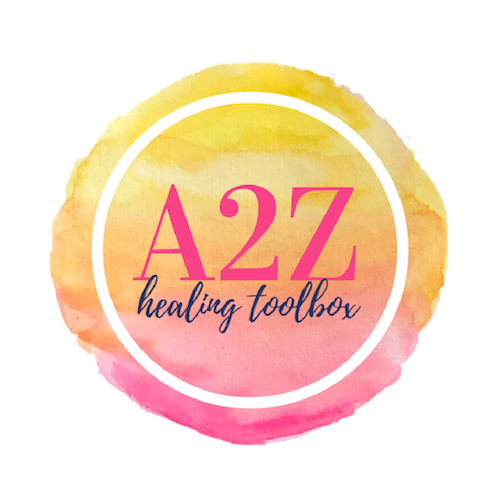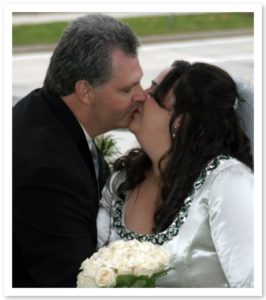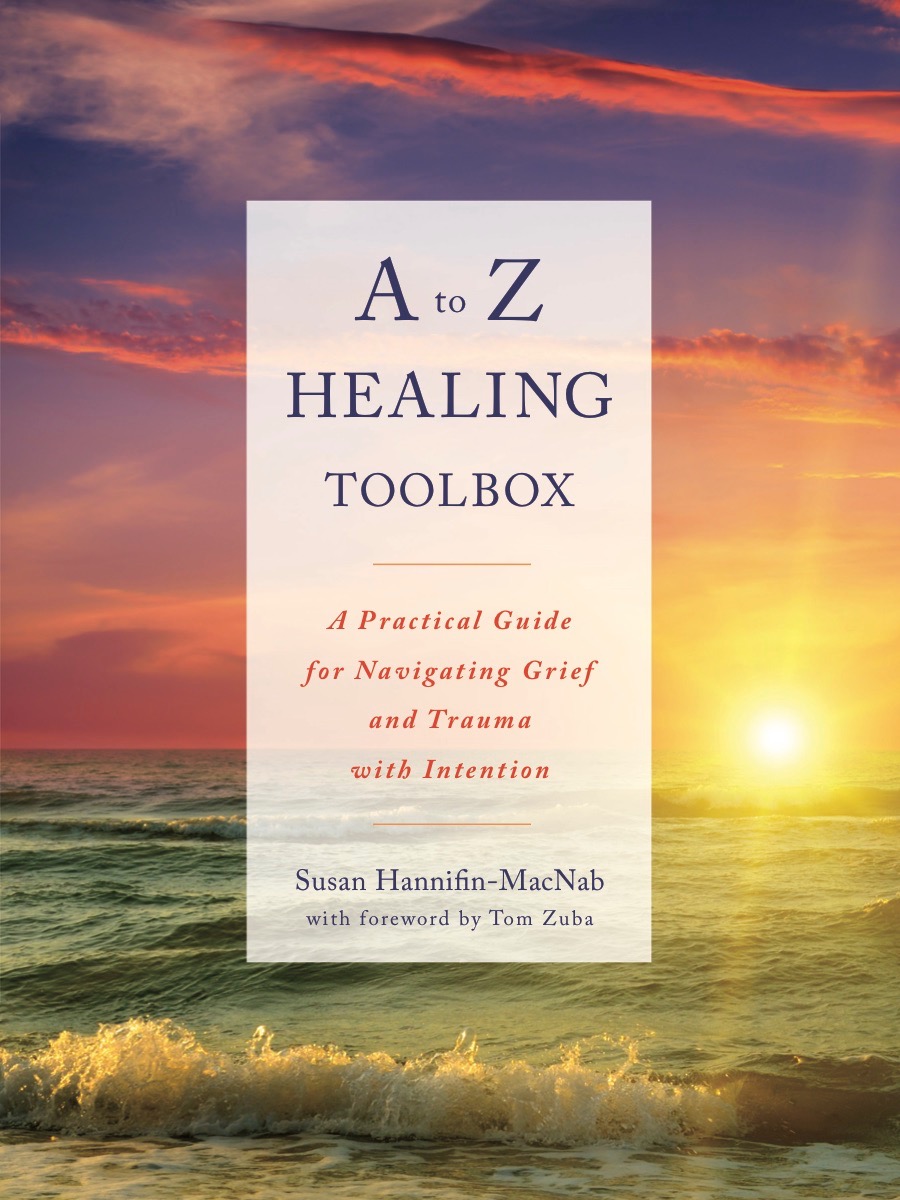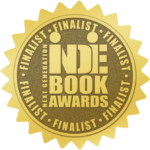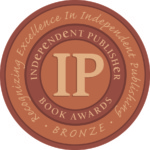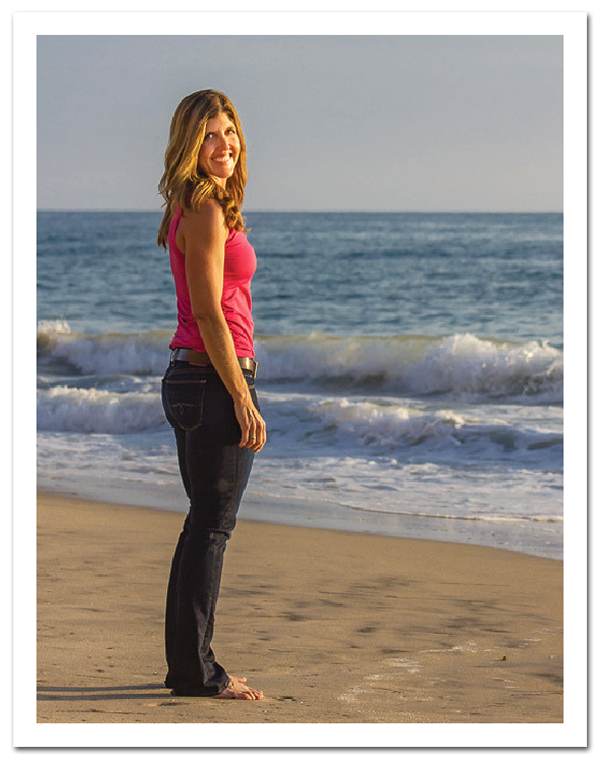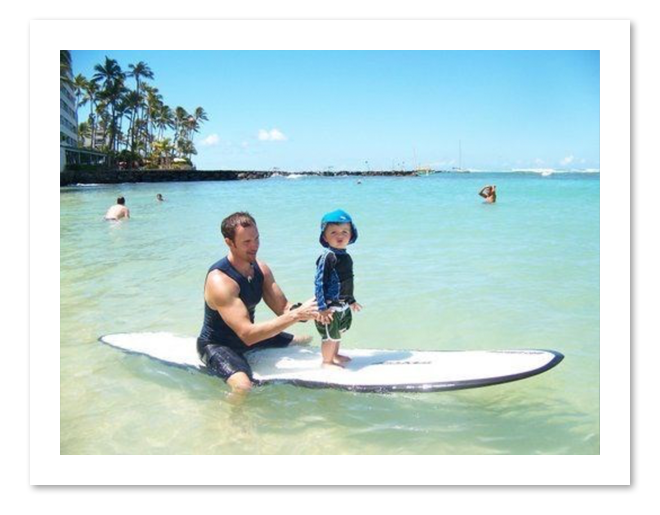The first time I saw Kelley Lynn she was standing in front of a packed audience making hundreds of people laugh. Now, making people laugh is no surprise for Kelley- she is a writer, actor and comedian. But when the packed, laughing crowd is composed of hundreds of people whose spouses and partners are DEAD? Now, THAT is remarkable.
Kelley was presenting a hilarious stand-up comedy routine at one of Soaring Spirits International’s yearly conferences. In her routine, she talked about going to work one day soon after her husband had died. She wondered why so many people were staring at her as she walked from her apartment to the parking garage. It was a typical busy morning in the New York area. Kelley crosses the crowded street, goes through the parking garage, unlocks her car door, and takes a seat. As she leans over to buckle up, she realizes that she has forgotten something. Her pants. She has totally forgotten to put on her pants! GRIEF BRAIN STRIKES AGAIN! And now, embarrassed and knowing, she must retrace her steps- out of the parking garage, past all of the same people on the street, and back into her apartment complex- to find some pants.
One of Kelley’s healing tools is definitely L~ Laughter and in the following essay, she writes beautifully about the connection between laughter, pain, growth and healing.
Introducing this week’s A2Z guest blogger (who DID find her pants after all)… Kelley Lynn!
THE COMEDY-PAIN CONNECTION
by
Kelley Lynn
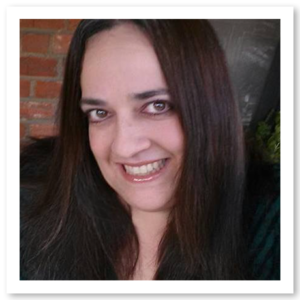
The first time I made the connection between comedy and pain was just after September 11, 2001. Weeks before, I had taken my first-ever course in stand-up comedy, at Caroline’s Comedy Club in NYC. It was an 8-week class, and at the end of it, we got up in front of a live audience, and delivered our comedy sets in a real live show. The place was packed. My jokes killed, as we say in the business. I thought to myself: this is what I was meant to do with my life. Make people laugh. I was on top of the world.
And then 9/11 happened. I was terrified. There was so much loss, it felt as if the world had ended. I didn’t understand how I could possibly live again, never mind laugh again, when everything seemed so dark. Eight nights later, David Letterman was the first late-night talk show host to come back on the air after the attacks. He sat at his desk and talked about what had happened. His brutal honesty and raw emotion both shocked and relieved me.
And then, toward the end of his opening words, he made this light-hearted joke: “I just have one more thing to say about this, and then, thank God, Regis is here, so we have SOMETHING to make fun of.” The studio audience erupted into laughter. Nervous laughter. Release laughter. Escape laughter. The kind of laughter that felt necessary, like it was saving them somehow. It was then that I began to understand how comedy and pain exist within the same space, like the yin and the yang of grief. We need to express both joy and pain in order to step into our life again. Chances are, if you are able to fully embrace laughter, then you are also able to let yourself feel intense sadness. If you can cry with abandon, you can laugh with abandon. And if you are doing both of these things regularly, and without apology or shame, then congratulations – you are beginning to heal.
The second time I felt the connection between comedy and pain, it was much more personal. It was July 13, 2011, and I woke up to my phone ringing over and over again. My husband had left for work just 2 hours earlier, and I had been asleep. Minutes after listening to the vague voicemail left by our local hospital, I called them back, and all they would tell me was: “We have your husband. You need to get here right away.” I found myself scrambling to call a car service to bring me there. I was quickly escorted into a tiny room, where nurses and doctors followed me in and shut the door behind them. What happened next is still a blur, but it consisted of them telling me that my 46 year old , perfectly healthy, beautiful husband, who was a paramedic himself and never once missed a day of work, was dead. Massive heart-attack. No warnings. No symptoms. No good mornings. Just here one second , and gone the next. And much like after 9/11, I was terrified. Except this time, I was also a widow.
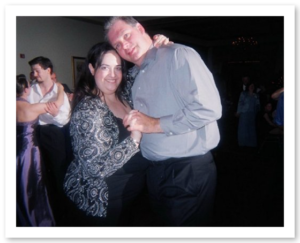
So what could possibly be funny about being a widow? Everything, if you choose to see it that way. For me, it was never really a choice to “find the funny inside of the pain.” It was survival. It was the only way for me to come out of this thing alive. Apparently, those around me agreed. Friends flew into action and organized a comedy benefit to honor my husband’s life. Legendary comedian Elayne Boosler headlined. Jim Gaffigan gave a surprise performance. And I got up onstage, just 2 months after my husband’s shocking death, and made jokes about it. I talked about all the stupid things people say to you when someone dies. (‘He’s in a better place.’ Really? If it’s such a great place, why don’t YOU go there instead, and let me have my husband back?) I re-enacted a phone-call I had with AT&T, where the customer service rep. insisted over and over again, that she speak directly with the account holder – my dead husband. I talked about the giant BOX of my 6 ft. 3 husbands cremains, that his E.M.S. brothers handed over to me, and said: “Brace yourself. There’s a lot of him.” I laughed and cried all in the same breath up on that stage. And it resonated with people in ways I never imagined. Afterwards, and for weeks and months to come, they began to share stories with me, about their own pain and struggles.
Because I had given them permission to laugh at something tragic, they felt safe in releasing a bit of themselves to me. And now, almost 5 years later, laughing inside of the pain has become a huge part of my life and my career path. This coming June, I will be giving my 75 minute comedic presentation about grief and loss, to an audience filled with widowed people, at the annual “Soaring Spirits International” event “Camp Widow”. This will be my 10th time being a presenter at this incredible event. Each time I do this, it is an honor beyond words, because I get to witness first-hand the power of laughter. I get to see the transformation that happens when someone gives you the permission to release, and how unbelievably healing that can be.
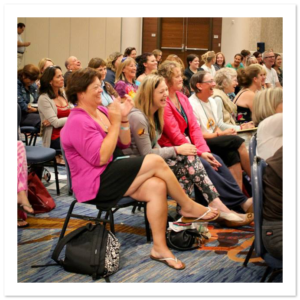
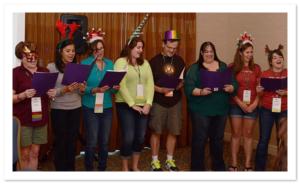 I still believe that I was meant to make people laugh. But it’s so much bigger than that. It’s about making people laugh and feel. It is about connecting through the shared acknowledgement of our pain. It is about using laughter and truth, to help ourselves heal.
I still believe that I was meant to make people laugh. But it’s so much bigger than that. It’s about making people laugh and feel. It is about connecting through the shared acknowledgement of our pain. It is about using laughter and truth, to help ourselves heal.
Please don’t misunderstand me. Finding the funny inside of the pain is not easy. It is gut-wrenching, deeply emotional, and sometimes terrifying. Whenever you make yourself vulnerable to the public, you open yourself up for criticism, and something I have learned very quickly is that people are mean. Even though the vast majority of people seem to love and appreciate what I do, there are always the hurtful, painful comments that sting beyond belief
“I bet you aren’t even a real widow. No real widow would ever make jokes about death like you do.”
“I hope you are proud of yourself, using your husband’s death to get yourself a career.”
“Your husband must be so ashamed of you. You’re disgusting.”
That last one sent me directly to my grief-counselor, sobbing my face off. I will never forget what she said to me. She said: “These comments have nothing to do with you. Anyone who would attack someone so viciously like that is someone who has no handle on their own emotions or coping skills. They are not capable of finding laughter or peace in any way, so they attack you because you have figured out how. This is what creative people do. We create. You can either let the pain kill you, or you can create something with the pain. Those are your choices. Anyone who can’t see the healing power or validity in what you are doing with your life now, is simply not courageous enough to look for it.”
And as for my husband being “ashamed” of me – No. My husband was my biggest supporter and fan. He loved nothing more than to watch me perform onstage, or to help me write and construct new material for a sketch or stand-up comedy set. He absolutely loved the world of comedy, and appreciated it most when it came from a dark or twisted place. He understood more than anyone how laughter can be the best medicine for trauma or tragedy. As a paramedic, and also an Air Force veteran who served in Desert Storm, my husband saw many horrific things in his short life. He always told me how him and his EMS partners on the ambulance would crack silly jokes and play pranks on each other, right after working an especially traumatic 911 call. One such call had him at the scene of a terrible car accident involving small children that had to be pulled out of the wreckage. I will never forget him coming home that night after his shift, and collapsing in my arms, sobbing. He had been holding it in for 14 hours, so that he could effectively do his job for the rest of the day. You cannot do that job and be emotional. So you crack jokes. Relieve the tension. Get yourself through it. And then you come home and cry when you’re off the clock. With a job such as his, allowing yourself to feel both the laughter and the pain, are equally vital to staying emotionally healthy.
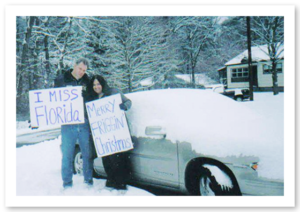
Awhile back I posted on my Facebook page, sharing about how the anniversary of my husband moving in with me was making me sentimental and emotional. Someone who follows my comedy made a comment that they don’t generally read the things I post about Don, because they don’t like seeing me sad. “I like ‘funny Kelley.’ You deserve happiness and I like it when you are being funny and happy”, he said.
That’s very nice, but here’s the thing – it’s not that simple. I wish I could compartmentalize myself into cute little boxes of emotion, and just be that thing whenever I felt like it. But I can’t. That isn’t reality. The reality is that all of these very human emotions live together and mix together every single day. The idea that “happiness = good” and “sadness = bad” doesn’t ring true to me. Happiness and laughter – sorrow and pain – they are both equally valid and equally important to feel and express. They are also not destinations, but emotions. Emotions are fleeting. They come , they go, they come back again. I wish that people would realize that joy provides a path to sadness, just as sadness leads you back to joy. They are the truths of the heart that blend into one another, to remind us every second that we are, in fact, alive.
We hurt because we are alive.
We laugh because we are alive.
These truths can be what light our road to healing, if we are open enough and brave enough to feel them.
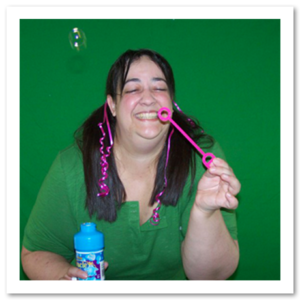
Kelley Lynn- writer, actor, comedian & human
Reach her at:
www.ripthelifeiknew.com
www.akelleylynnlife.com
Twitter/Vine/Instagram @ kelleyiskelley
Kelley Lynn is a stand-up comedian, actor, and writer; living in the NYC area. She has
performed on the same lineups with such names as Judy Gold, Amy Schumer, Jim Gaffigan, and
Elayne Boosler, and is a regular feature in several comedy videos for the “OpieRadio” YouTube
channel (“The Opie and Jim Norton Show” – xm/Sirius radio). Their latest video, “McFallen”,
went viral with over 40 million views worldwide. Kelley is also known for her scathingly funny
reality-show TV reviews at TheWorkprint.com, and is currently working on her first book: “My
Husband Is Not a Rainbow: The Brutally Awful, Hilarious Truth About Life, Love, Grief, and
Loss”, with a tentative release of spring 2017.
